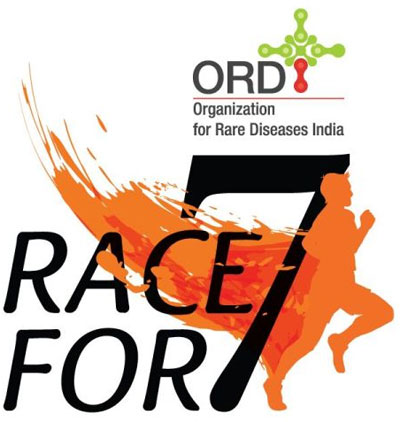Experts have welcomed the government’s decision to approve the National Policy for the Treatment of Rare Diseases, the draft of which was submitted by the Union Ministry of Health to the Delhi High Court on 25 May. However, they feel that the expensive and prohibitive nature of the treatment with no insurance coverage, untimely diagnosis, and delay in implementation of the policy are among few of the challenges that need to be addressed. The policy saw the light of day after multiple representations to the Central Government and the Ministry of Health and Family Welfare were made since 2009 by lawyers and organisations working for the treatment of rare diseases.
A rare disease, comprising rare tumors and genetic diseases like Gaucher Syndrome, Hunter Syndrome and Pompe, is a health condition which has low prevalence and affects a small number of people. Speaking to The Sunday Guardian, experts noted that 50% of the afflicted are children—70% of whom die aged between one and seven due to lack of effective treatment. According to reports, at least 7 crore Indians suffer from over 14,000 rare diseases identified worldwide.
The policy recommends an initial corpus of Rs 100 crore for the treatment of genetic



